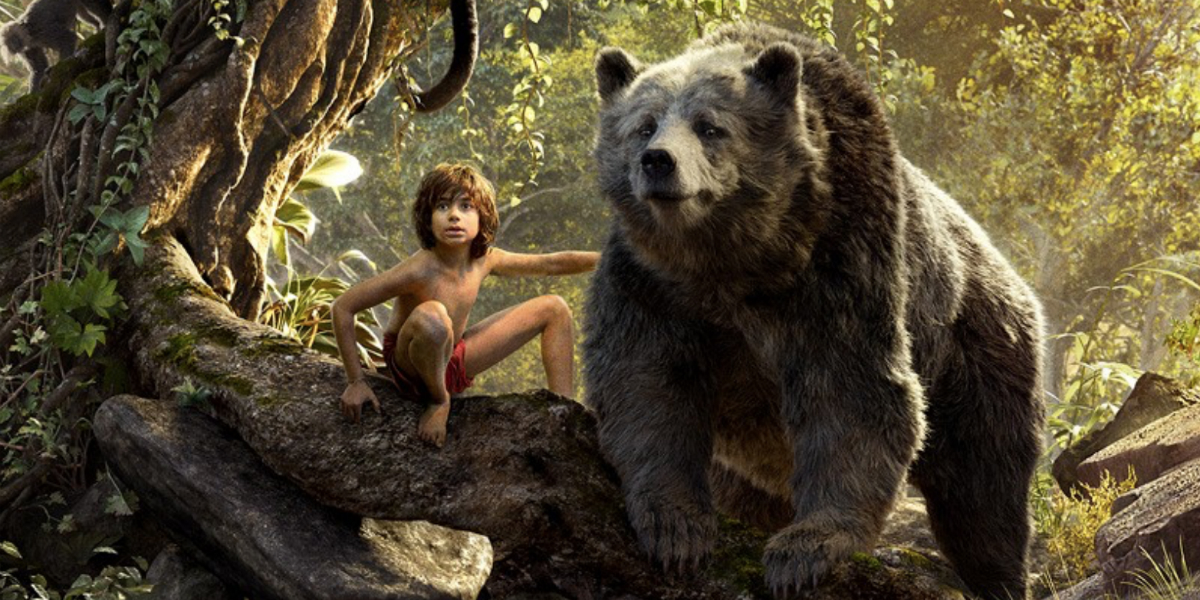After director J.J. Abrams stepped aside to let “Fast &
Furious” helmer Justin Lin take his place, many hardcore Trekkies who'er already critical of this rebooted franchise became worried that Lin's third
installment would drive the series further away from Gene Roddenberry’s more intellectual vision.
While “Star Trek Beyond” doesn’t slow down the momentum or the pacing of this high-octane
update, old-school Trek fans may be charmed by the film's return
to a warm and familiar sense of adventurous pulp and sci-fi optimism. Unlike
the 2009 reboot, which had to reestablish everything with a new cast and a new
style, and unlike its 2013 sequel "Star Trek Into Darkness," which reworked the story beats of the
most beloved installment of the original Star Trek films, this outing is much smaller in
scope and more contained as a story.
James Kirk (Chris Pine) is feeling melancholy about his place as the ship’s Captain, upon realizing that he has just surpassed the age that his father was when he died. Spock (Zachary Quinto) too is wondering how his place in this unified multi-cultural mission when he learns that the elder version of
himself from another dimension (Leonard Nimoy) has passed away. With these character dilemmas in the background, the enterprise
is called upon to investigate a deep-space distress call, where they are ambushed by a
swarm of small enemy attack ships, crash-landing on a foreign planet. The
group becomes separated into pairs of survivors and have to regroup to find a means for escape as well
as a way to stop their new enemy from unleashing a space virus on a nearby society
of peaceful workers.
The plot dynamics of this particular adventure are somewhat generic
and well worn, but that allows for more impact when it comes to the character
dynamics and the focus of the films action sequences. The movie quickly
gets us into the head space of this group and grounds the plot in the emotional
hurdles of each member. The chemistry between Pine, Quinto and Karl Urban's Doctor McCoy informs the spectacle in a way that few summer tent poles remember to do. Jon Cho as Sulu, Simon Peg as Scotty, and the
recently deceased Anton Yelchin as Chekov are also given key sequences to shine.
Zoe Saldana’s Uhura is sidelined the most within the original group as Sophia
Boutella becomes the key female cast member playing the stranded warrior Jaylah,
who allies herself with the Enterprise to rescue the 'red-shirts' from the evil
Krall (Idris Elba).
Speaking of Krall, luckily the bright eyed adventure of the movie and creative set pieces
more than make up for the lack of an interesting villain—Elba is unfortunately buried
under too much make-up and plot to really resonate beyond his narrative
function.
Simon Pegg and Doug Jung’s
screenplay almost celebrates the filler spot many mid-franchise sequels
eventually occupy, but it’s this multi-million-dollar smallness that rescues the picture from being too encumbered by plot and fan-service.
There isn’t anything especially remarkable to say about “Star Trek Beyond” other than it
knows how to balance tone, story, action and characters in way that keeps the
audience from thinking too much about its construction as a piece of consumable
popcorn product.
Grade: B+
Originally published in the Idaho State Journal/July-2016
Listen to this week's episode of Jabber and the Drone to hear more conversation about "Star Trek Beyond."


